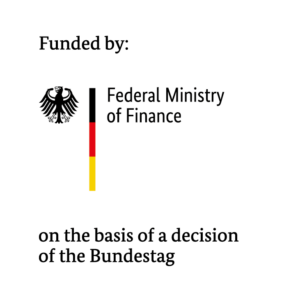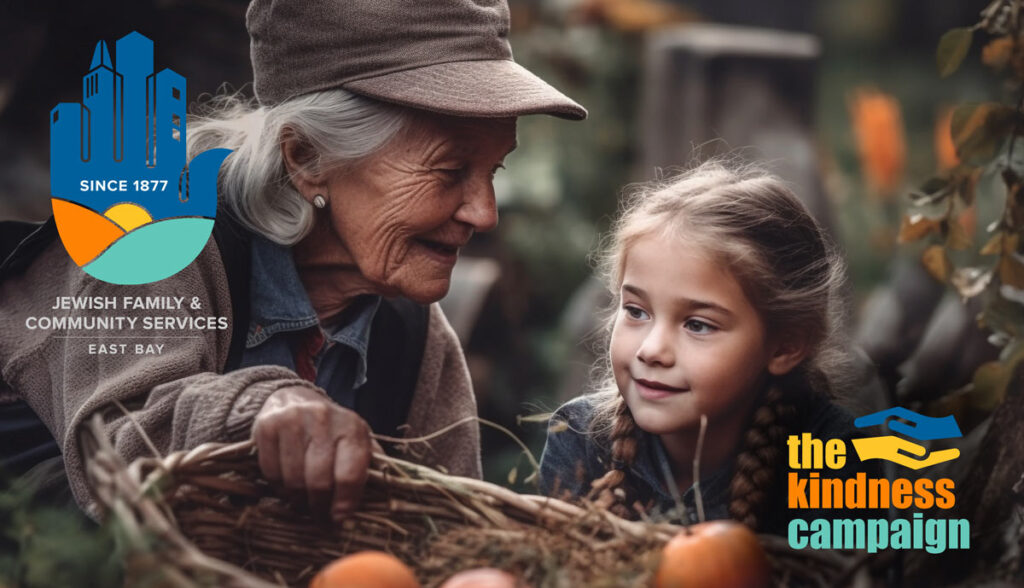Holocaust Survivor Services
Many of these survivors live in poverty, have lost their families, and lack adequate support–making JFCS East Bay’s services all the more vital. JFCS East Bay is committed to assisting local survivors in whatever way is needed and provide them with a caring community.
Holocaust survivors experience worse health and mental health outcomes compared to other older adults because of their experiences of malnutrition and trauma during the war. Holocaust survivors may have significant needs for home care, health care, therapy, and dental services. JFCS East Bay strives to meet survivors’ health needs while also providing food programs, financial support, and transportation assistance.
Holocaust Survivor Services are supported by the Conference on Material Claims Against Germany (Claims Conference), an international entity that negotiates with the German and Austrian governments for compensation and aid for victims of Nazi persecution. Funding also comes from the State of California and private donors.
Holocaust Survivor Videos
We are grateful for the opportunity to partner with our Holocaust Survivor clients–and so appreciative that some of them have shared their stories by video.
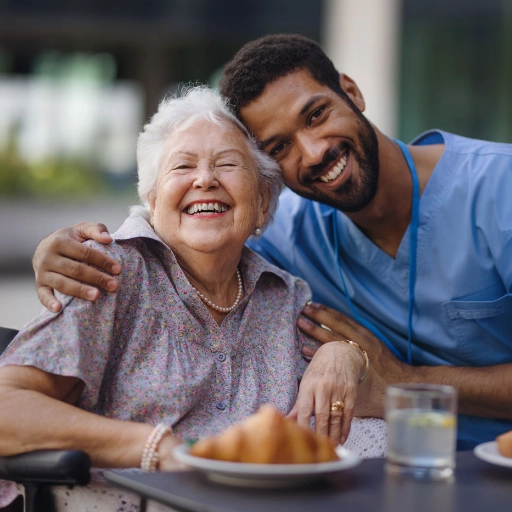
Home Care

Care Management
Our skilled clinicians provide intensive support to help local survivors age with dignity and maintain connections to their communities. By directly managing and monitoring care, we can help Holocaust survivors age in their own homes and avoid the need to move to an assisted living facility or other institution.
Our care managers thoroughly assess each survivor’s needs, communicate with doctors, arrange for and monitor reliable caregivers, connect survivors with legal services, and help manage finances. We also communicate with family members and help them make important care decisions.
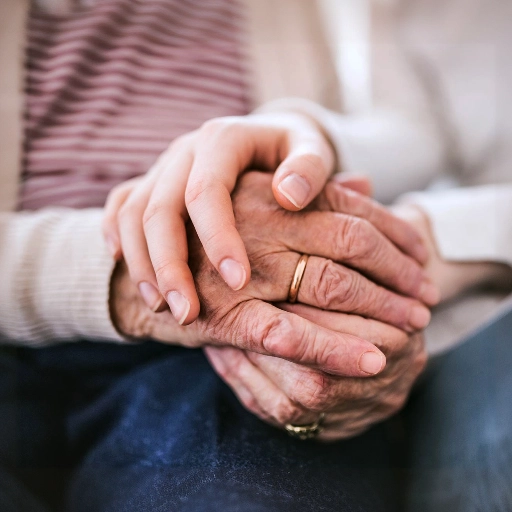
Compensation Programs
JFCS East Bay is the Claims Conference’s official help center for all restitution matters in Alameda and Contra Costa counties.
Our staff helps survivors navigate the logistical and emotional challenges of applying for restitution benefits. In addition to requiring substantial documentation, the applications require survivors to detail painful events and circumstances. This process often retriggers trauma and painful memories. Our staff skillfully supports survivors as they move through this process to successfully obtain restitution.
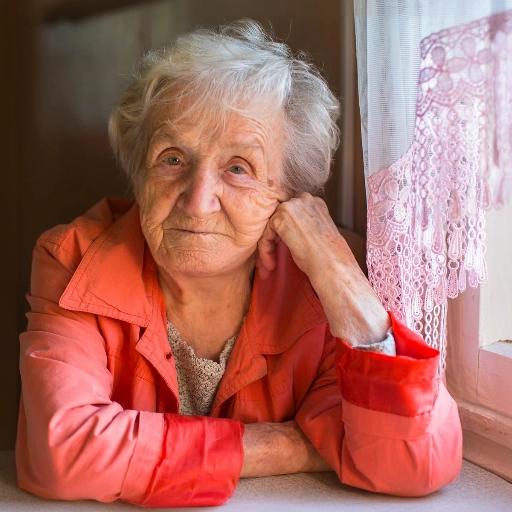
Financial Support
It is estimated that 25 percent of Holocaust survivors live in poverty. To support local low-income survivors, JFCS East Bay provides reimbursement for expenses such as dental care, hearing aids, medication, glasses, food, and transportation.
Elderly survivors are particularly vulnerable. Many survivors suffered the loss of family members during the Holocaust, leaving them without adequate family support or financial assistance as they age. The lingering effects of the war also made it difficult for some survivors to establish families and livelihoods on their own.
Café Europa
Counseling
Volunteers
JFCS East Bay matches survivors with volunteers who visit them regularly, providing social connection and enriching their lives.
Holocaust Survivor Memoir Writing Group
Our memoir-writing group helps survivors record and preserve their stories. By taking the time to help these survivors tell their stories, we are helping to establish their legacy and ensure that we never forget this history. Our kind and trained JFCS East Bay social workers facilitate this effort.
Regular Visits with Holocaust Survivors
For Holocaust survivors who are especially isolated or have a need for extra support, we match them with a volunteer who may offer weekly home visits and develop a friendship with the client. When possible, we try to match survivors with a volunteer who speaks their first language. This kind of connection encourages bonding and relationship-building.
Volunteers who work with survivors receive special training to guide them in how to approach this population of seniors. Volunteers need to be skillful and patient listeners and to feel at ease around individuals who may have emotional and/or physical difficulties. Volunteers need to also be sensitive to the personal histories of the survivor community.
JFCS East Bay volunteers working with Holocaust survivors offer a range of support, including:
- Visiting a survivor in their home to provide companionship.
- Doing activities together such as playing games or cards, watching movies, or reading.
- Assisting with a house project, such as organizing family photos, doing light gardening, and helping around the house.
- Driving to JFCS East Bay events and medical appointments, either on a regular basis or as needed.
- Taking a survivor shopping or running errands.
- Accompanying a survivor to JFCS East Bay’s monthly Café Europa gathering for survivors.
- Going on walks or other light exercise.
